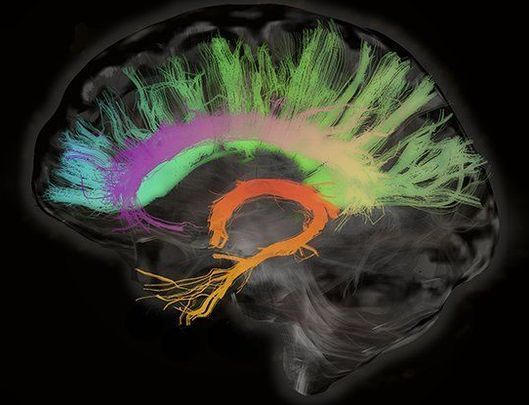PepsiCo’s Senior VP of R&D, Dr. Ellen de Brabander, joins me on this ideaXme (http://radioideaxme.com/) episode to talk about running the R&D engine for a $200 billion company, the parallels between pharma and food in terms of increasing customization / personalization, and her future visions for the $8 trillion global food and beverage space — (Personal caveat — While I avoid processed foods, one cannot ignore the place at the table that “big food” will have in crafting and investing in the future of health, wellness, and longevity) — https://www.youtube.com/watch?v=tDSiVlKNnRA&t=1 #Ideaxme #Pepsi #Nutrition #Research #Science #Health #Wellness #Sustainablity #Longevity #FritoLay #Tropicana #QuakerOats #Gatorade #Aquafina #MountainDew #Doritos #Cheetos #Ruffles #Tostitos #Fritos #Biotech #LifeExtension #Aging #IraPastor #Bioquark #Regenerage
Ira Pastor, ideaXme exponential health ambassador, interviews Dr. Ellen de Brabander, Senior Vice President Research and Development at PepsiCo.
Ira Pastor Comments:
Today we are going to segue into the food industry, which is a fascinatingly complex and diverse set of businesses that supplies most of the food consumed by the global population.
In 2020, food, needless to say, is much more than just calories.






